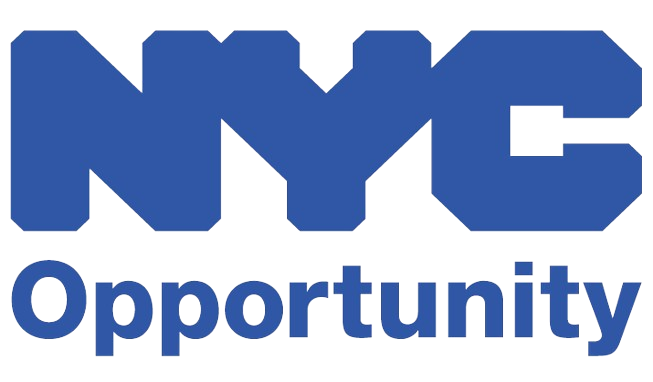Month: November 2018
-

Introducing Benetech Service Net
This post originally appeared on the Benetech blog and is reposted with permission. As inequality deepens in Silicon Valley and the San Francisco Bay Area – in Benetech’s backyard – the crises facing our neighbors in need continue to mount. This is happening despite the efforts of governments, philanthropies, nonprofits, and social good work by technology companies…
-

NYC government publishing open data for municipally-contracted service providers
This post comes to us from Oonagh Jordan, a VISTA Fellow with the New York City Mayor’s Office of Opportunity. Oonagh is leading the project management of this initiative. In New York City, community-based organizations that deliver programming at neighborhood sites play a crucial role in administering City-funded programs and services. There is, however, currently…
